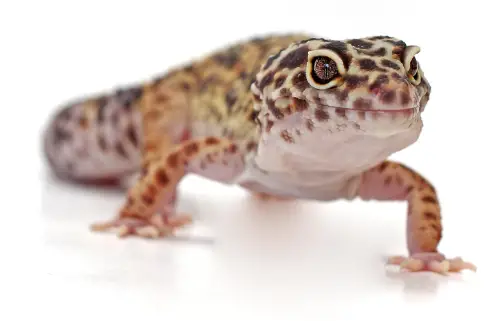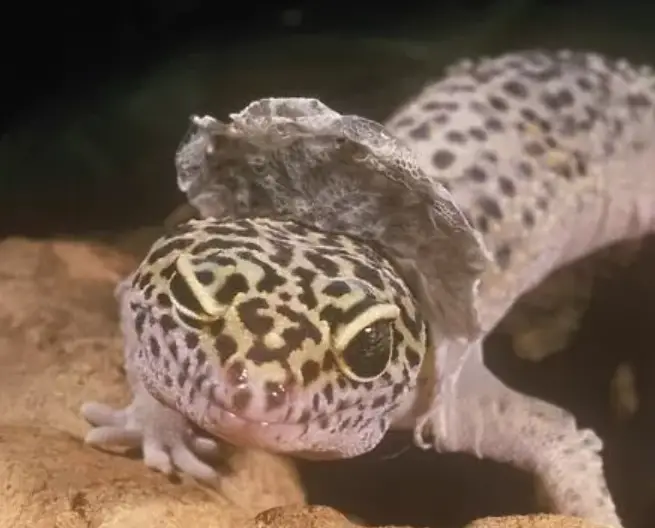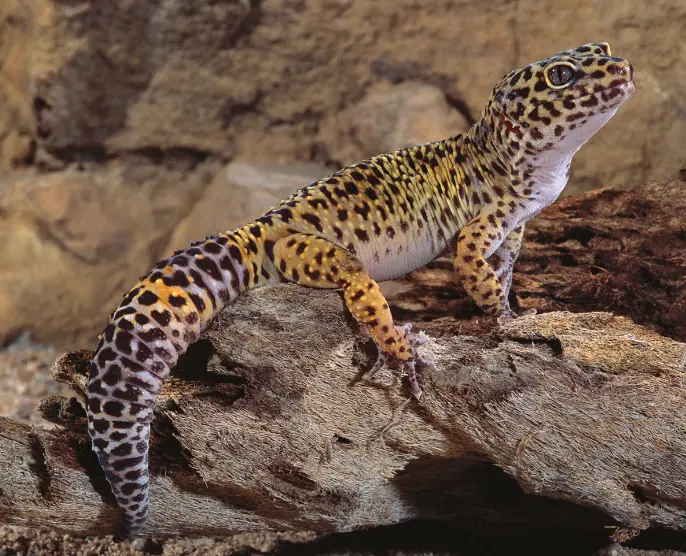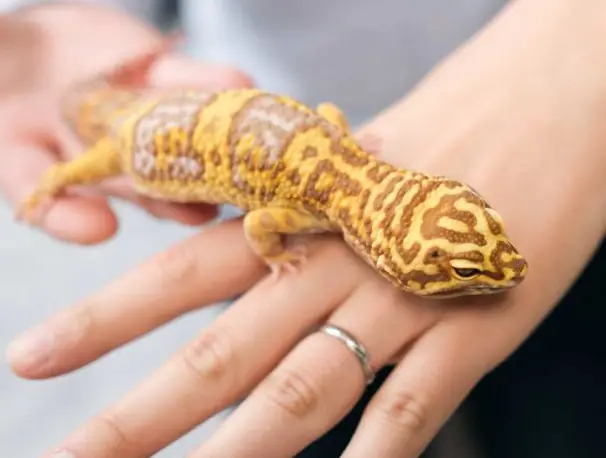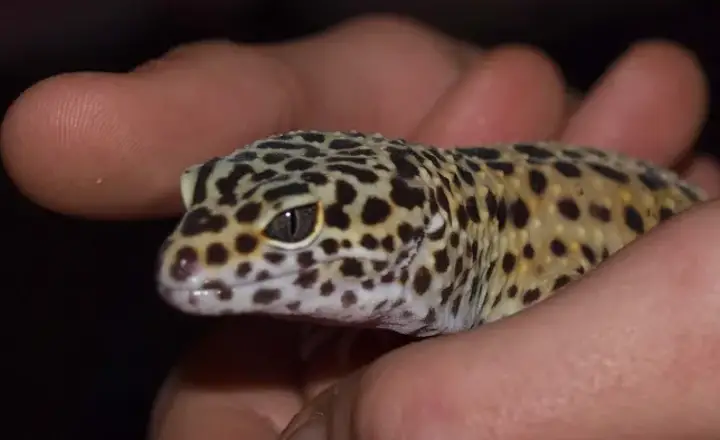Constipation is a common health issue that can affect leopard geckos, as well as other reptiles. It occurs when a leopard gecko is unable to pass feces due to a blockage in their digestive system. This can be caused by a variety of factors, including a lack of hydration, insufficient diet, or the ingestion of foreign objects.
Constipation can lead to serious health complications if left untreated, so it is important for leopard gecko owners to be aware of the signs and take steps to prevent it. In this article, we will discuss the causes, symptoms, and treatment of constipation in leopard geckos to help you keep your beloved pet healthy and happy.
What Are The Causes Of Constipation In Leopard Geckos?
There are several potential causes of constipation in leopard geckos:
- Inadequate hydration: Leopard geckos need to drink enough water to keep their digestive system moving smoothly. If they are not drinking enough, this can lead to constipation.
- Incorrect diet: Leopard geckos need a diet that is high in fiber to help move food through their digestive system. If their diet is too low in fiber, this can lead to constipation.
- Overfeeding: If leopard geckos eat more than they can handle, this can lead to constipation as their digestive system becomes overwhelmed.
- Impaction: Leopard geckos can sometimes swallow substrate (like sand or rocks) while hunting for food, which can lead to blockages in their digestive system and cause constipation.
- Stress: Leopard geckos may experience constipation if they are under a lot of stress or if they are not comfortable in their environment.
- Medical conditions: Constipation can also be a symptom of underlying medical conditions such as parasites, infections, or kidney problems. If constipation persists, it is important to consult with a veterinarian.
What Are The Symptoms Of Constipation In Leopard Geckos?
Symptoms of constipation in leopard geckos may include:
- Lack of bowel movements or very infrequent bowel movements
- Straining to defecate
- Dry, hard feces
- Swelling or bloating of the abdomen
- Loss of appetite
- Lethargy or decreased activity level
- Vomiting
If you notice any of these symptoms in your leopard gecko, it is important to seek veterinary care as constipation can be a serious and potentially life-threatening condition.
How To Treat Constipation In Leopard Geckos
To treat constipation in leopard geckos, follow these steps:
- Offer your gecko plenty of water. Constipation can often be caused by dehydration, so ensuring your gecko has access to clean water is important.
- Increase the humidity in their enclosure. Leopard geckos are native to dry environments, but increasing the humidity slightly can help soften their stools and make it easier to pass.
- Offer a variety of wet and dry foods. Feeding your gecko a varied diet with both wet and dry foods can help prevent constipation. Some good options include high-moisture fruits and vegetables, as well as calcium-rich foods like crickets and worms.
- Try a warm bath. A warm bath can help relax your gecko’s muscles and encourage the passage of its stools. Make sure the water is lukewarm and not too hot, and only keep your gecko in the bath for a few minutes at a time.
- Consider a stool softener. If your gecko’s constipation persists despite the above steps, you may want to consider using a stool softener or other over-the-counter medication. Always consult with a veterinarian before administering any medication to your gecko.
- Monitor your gecko’s health closely. If your gecko’s constipation persists or if they are experiencing other symptoms such as weight loss or lethargy, it is important to seek veterinary care as soon as possible. Constipation can be a sign of a more serious underlying health issue.
What Is The Difference Between Constipation And Impaction In Leopard Geckos?
Constipation in leopard geckos is when they are having difficulty passing feces due to a lack of adequate hydration, poor diet, or other underlying medical conditions. This can lead to discomfort and potentially serious health problems if left untreated.
Impaction, on the other hand, is when the feces become stuck in the intestinal tract and cannot be passed. This can be caused by a variety of factors including poor diet, improper substrate, or foreign objects ingested by the gecko. Impaction can be serious and potentially life-threatening if not treated promptly.
The main difference between constipation and impaction in leopard geckos is the cause and severity of the issue. Constipation can often be resolved with proper hydration and diet, while impaction requires more aggressive treatment such as manual removal of the feces or surgery. It is important to monitor your leopard gecko’s bowel movements and seek veterinary care if you notice any changes or problems.
Conclusion
Constipation is a common issue in leopard geckos, which can occur due to various factors such as a diet low in fiber, dehydration, or stress. Symptoms of constipation include difficulty defecating, small or hard stools, and lethargy.
To prevent and treat constipation in leopard geckos, it is important to provide a diet high in fiber, ensure proper hydration, and create a stress-free environment. Additionally, providing a warm bath or massaging the abdomen can help stimulate bowel movement. If these measures do not improve the situation, it may be necessary to seek veterinary treatment.
In conclusion, constipation can be a significant issue in leopard geckos and requires proper prevention and management. By ensuring a balanced diet, proper hydration, and a stress-free environment, leopard geckos can avoid constipation and maintain optimal health.
